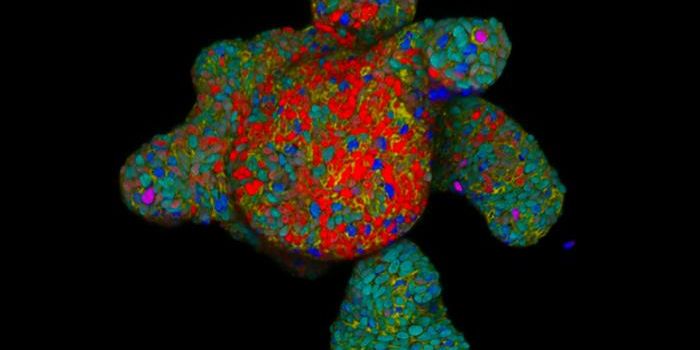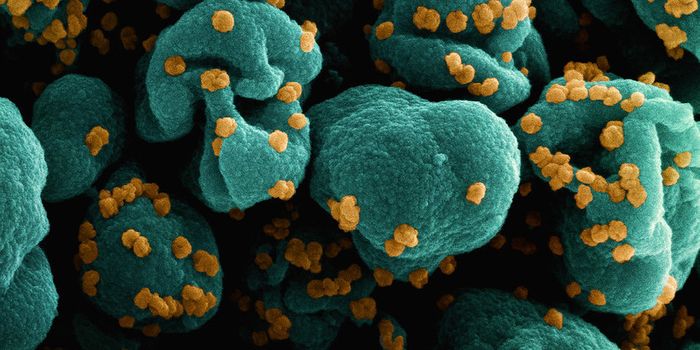Scientists Grow Cancer Drugs Inside Chicken Eggs
Using cutting-edge gene-editing technologies, Japanese scientists have modified hens to produce eggs that now contain a precious protein used to treat hepatitis, multiple sclerosis and malignant skin cancer.
Although this protein, interferon beta, is not new, growing it inside chicken eggs is a revolutionary feat. Currently, this protein is only manufactured by large, aseptic facilities following strict and tedious protocols. The tedious process produces low yields of the protein, which significantly drives up the cost. A few micrograms of the protein costs between $300 to $1000.
Given that therapeutic injections of interferon beta require much more than just a few micrograms, Japanese scientists turned their attention to the chicken egg. Could the egg act as an aseptic manufacturing facility to mass produce interferon beta at a fraction of the cost?
The team consisted of researchers from the National Institute of Advanced Industrial Science and Technology (AIST) in Osaka, the National Agriculture and Food Research Organization in Ibaraki, and pharmaceutical sales company Cosmo Bio in Tokyo.
In the first phase, the scientists introduced genes that make interferon beta into the cells that would become the chicken sperm. These cells were then used to fertilize eggs, which produced hens with the capacity to lay eggs that contain the interferon protein.
The genetic alteration doesn’t seem to affect egg production, and the team reports the modified hens are producing eggs daily, which is a big relief considering the final product is contained in these eggs.
So far, the Japanese team reported to have 3 modified egg-laying hens. When the process can be scaled up, they expect the price of interferon beta can be reduced to as little as 10 percent of the current price.
“This is a result that we hope leads to the development of cheap drugs,” professor Hironobu Hojoof Osaka University told The Japan News. “In the future, it will be necessary to closely examine the characteristics of the agents contained in the eggs and determine their safety as pharmaceutical products.”
Indeed, Japan has strict regulations surrounding new pharmaceutical products, which means the road to low-cost interferon drugs from chicken eggs is still far away.
Additional sources: The Japan News, Newsweek, CNN










